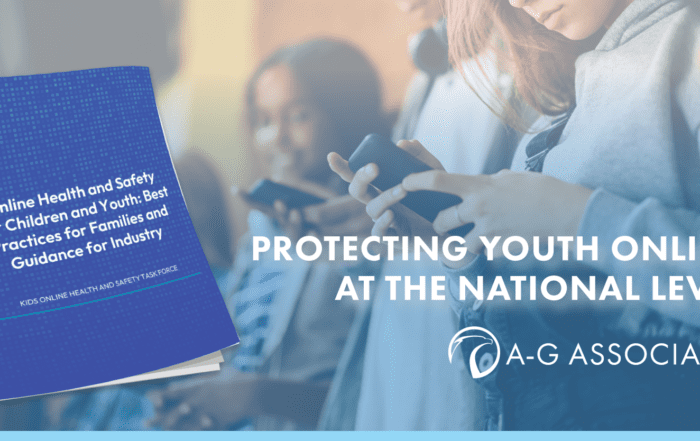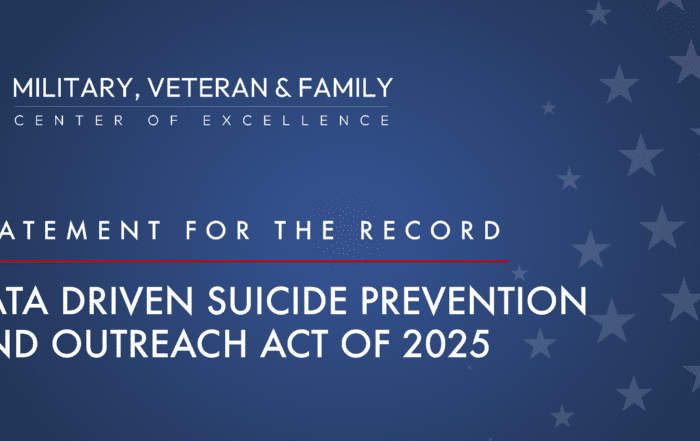Public Speaking vs. Death: Which Do You Fear More?

According to the National Social Anxiety Center (NSAC), “the fear of public speaking is the most common phobia ahead of death.” Glossophobia, the scientific term for fear of public speaking, is a sentiment that is shared by many first-time speakers who have found themselves tasked with the responsibility of presenting in front of an audience. For some, the idea of having to speak in front of a crowd, whether as little as 25 attendees or as large as 1,000, can be overwhelming and downright terrifying.
Mental Health website PSYCOM reports that up to 75% of the population may suffer from a fear of public speaking. What is it about public speaking that people fear worse than death? Is it the idea of speaking in front of hundreds or thousands of people? Is it the thought of possibly making a fool of themselves in front of a crowd of people, whether colleagues or strangers, as they attentively stare at you and hang onto your every word? While many people find speaking in front of audiences as invigorating or just another activity performed daily as part of their profession, others question the significance of this skill and make every attempt to avoid it at all costs.
Whether you are a proponent of public speaking or view it with a sense of panic and fear, public speaking is a valuable communication tool that serves a myriad of functions such as being informative, motivational, persuasive, and as a networking opportunity. Aside from the physical symptoms such as an increase in heart rate and perspiration (e.g. sweaty palms), dry mouth, anxiety, and nausea, many suffer from the psychological symptoms. They include fear of rejection and/or performing, how we perceive ourselves as presenters and to others, and the overall negative connotations we assign to public speaking.
As I write this article, I can’t help but draw from my own recent personal encounter with public speaking. Back in September, I was asked to provide greetings to a group of approximately 60 college students. Even thinking back to that day, I still experience feelings of anxiety as I reminiscence about my level of uneasiness leading up to that day. I, too, experienced all the usual symptoms such as dizziness, nausea, and anxiety. I can still clearly remember the feeling of my heart beating out of my chest and my legs feeling wobbly as I approached the podium. My mouth was dry as I wondered if any words or sounds would come out as I looked down at my prepared speech. While I was looking out at the audience, some students were staring at their phones or not yet fully awake; I could not help but wonder if it was too late to back out. Needless to say, I persevered, and I was able to give my greetings to the students. What seemed like eternity while I was speaking at the podium was only two minutes. All the anxiety and self-doubt that I endured before my speech had suddenly disappeared once I sat down. While my encounter with public speaking may be extreme for some, I can say with certainty that I do find value in the ability to step out of my comfort zone while enhancing my personal and professional development.
Research has shown that the fear of public speaking can have a significant impact on a person’s livelihood and professional advancement. These statistics emphasize the importance of overcoming fear of a public speaking.
- Monster reported the results of a recent study that concluded approximately 80% (eight in 10) executives and hiring managers preferred a skill of excellent oral communication in prospective applicants over essential skills such as critical thinking, decision-making, and teamwork.
- In 2017, it was reported that fear of public speaking reduced an employee’s income by 10% and their advancement to a management position by 15%.
- According to a survey conducted in Great Britain, 56% of the respondents stated that their fear of public speaking resulted in not applying for specific jobs.
For people that suffer from the fear of public speaking, the good news is that there is help. The options range from cognitive-behavioral therapy (CBT), medication, and participating in courses or groups that are created to develop public speaking skills. Cognitive-behavioral therapy (CBT) allows individuals to be slowly introduced to circumstances where they experience anxiety which eventually results in desensitization and a reduction in uneasiness. According to the mental health website VeryWellMind, “the ultimate goal of cognitive therapy is to change your underlying core beliefs which influence how you interpret your environment. A change in your core beliefs will lead to long-lasting improvement of your anxiety symptoms.”
Another option that individuals can consider is the use of medication. Clinicians have found certain medications such as Propranolol, a beta blocker, to be an effective treatment in controlling some of the physical symptoms (e.g. shaking and increase in heart rate) that individuals exhibit with anxiety. Beta blockers, which are usually prescribed to control conditions such as high blood pressure, work by stopping the body’s reaction to the release of epinephrine (adrenaline) which results in a lower heart rate and sweating. One of the more popular options that many may prefer to therapy and medication is enrolling in classes or joining organizations such as Toastmasters that focuses on developing public speaking skills. Others find it beneficial to take a more personal approach through continuous practice and preparation. Some employ strategies of being organized by carefully structuring their thoughts into coherent points. Others utilize techniques of visualization and breathing exercises to combat their anxiety while some opt for the approach of engaging their audience by creating a two-way dialogue.
A-G Associates helps both individuals, and organizations, develop effective communication skills. We have corporate coaches on staff that can help with public speaking, or other communication-related issues. For more information, please contact CGonzalez@A-GAssociates.com.
Article written by Aisha Walker



